Tourism is considered a smokeless industry with high growth rate, an important solution for economic development of many countries in the world. To develop tourism into a spearhead economic sector is an inevitable requirement for many countries.
However, in addition to tourism development, there must be optimal solutions to limit negative impacts on the environment and society. Currently, in our country, the Government unifies state management of tourism. The Ministry of Culture, Sports and Tourism is the focal agency to assist the Government in implementing state management of tourism and has the following duties and powers: promulgating or submitting to competent state agencies for promulgation and organizing the implementation of legal documents on tourism; strategies, planning, plans, and policies for tourism development; list of potential locations for national tourism development.

Illustration photo source Internet
Coordinate and link international, inter-regional and inter-provincial tourism activities; develop national standards and national technical regulations on tourism; build a tourism management database. Coordinate with relevant agencies and socio-professional tourism organizations to disseminate andeducate tourism laws; organize and manage tourism human resource training and development activities; research and apply science and technology in the tourism sector; provide guidance on electronic transactions in the tourism sector.
Organize investigation and assessment of tourism resources, carry out international cooperation on tourism; promote tourism domestically and internationally; manage and organize the issuance and revocation of licenses, tour guide cards and other certification documents on tourism activities. Socialize investment activities, develop tourism products, promote tourism, train and develop tourism human resources, inspect, examine, resolve complaints and denunciations and handle violations of tourism laws.
Regarding the responsibility for state management of tourism of the Ministry, the specific ministerial-level agencies, within the scope of their tasks and powers, are responsible for coordinating with the Ministry of Culture, Sports and Tourism in implementing state management of tourism. The Ministry of Planning and Investment shall preside over and coordinate with the Ministry of Culture, Sports and Tourism and relevant state agencies to promulgate or submit to competent state agencies to promulgate preferential policies and investment support in the tourism sector; mobilize resources, attract investment in tourism development; integrate contents related to tourism development into strategies, programs, planning and socio-economic development plans.
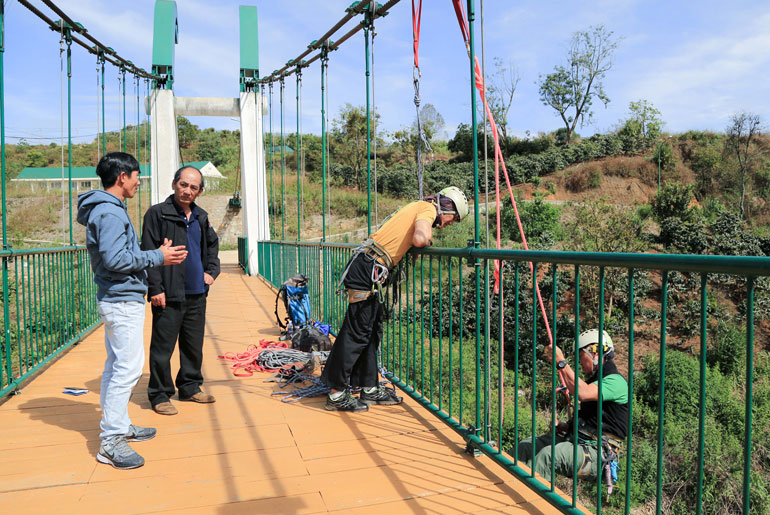
Illustration photo source Internet
The Ministry of Finance shall preside over and coordinate with the Ministry of Culture, Sports and Tourism and relevant state agencies to promulgate or submit to competent state agencies to promulgate policies on finance, tax and customs to facilitate tourism development; ensure financial resources for national tourism promotion activities. The Ministry of Industry and Trade shall preside over and coordinate with the Ministry of Culture, Sports and Tourism and relevant state agencies to promulgate or submit to competent state agencies to promulgate policies to encourage the production and supply of high-quality goods, souvenirs, handicrafts and services to develop tourism, build a system of duty-free shops to serve tourists in a number of key tourist areas; integrate tourism promotion into trade promotion. The Ministry of Foreign Affairs shall preside over and coordinate with the Ministry of Culture, Sports and Tourism and relevant state agencies to propagate and promote the image of Vietnam, its land and people; advise on visa policies to serve tourism development.
For People's Committees at all levels, specifically, the Provincial People's Committees, within the scope of their tasks and powers, shall carry out state management of tourism in the locality; specify strategies, planning, plans, and policies for tourism development in accordance with local realities. People's Committees at all levels have the tasks and powers to issue or submit to competent state agencies for issuance of preferential policies and investment attraction to exploit the potential and strengths of local tourism; support the development of community tourism.
Managing tourism resources, tourist areas, tourist attractions, tourism business activities and tourist guides in the area. Ensuring security, order, social safety, environment, food safety in tourist areas, tourist attractions, and places with many tourists. Propagating and raising people's awareness to ensure a friendly, healthy and civilized tourism environment. Organizing and arranging stops and parking places for vehicles that have been granted tourist transport vehicle signs to access tourist attractions and tourist accommodation establishments; organizing the review and installation of signs and directional signs to tourist areas and tourist attractions. In fact, tourism is a comprehensive, interdisciplinary, inter-regional economic sector, with a humanistic and highly social nature. Therefore, it is indispensable to have organized and state-authorized impacts on tourism activities to ensure tourism develops in the right direction, creating sustainable and effective development./.
Vuong Thanh Tu


![[Photo] President Luong Cuong receives Lao Vice President Pany Yathotou](https://vphoto.vietnam.vn/thumb/1200x675/vietnam/resource/IMAGE/2025/5/25/958c0c66375f48269e277c8e1e7f1545)
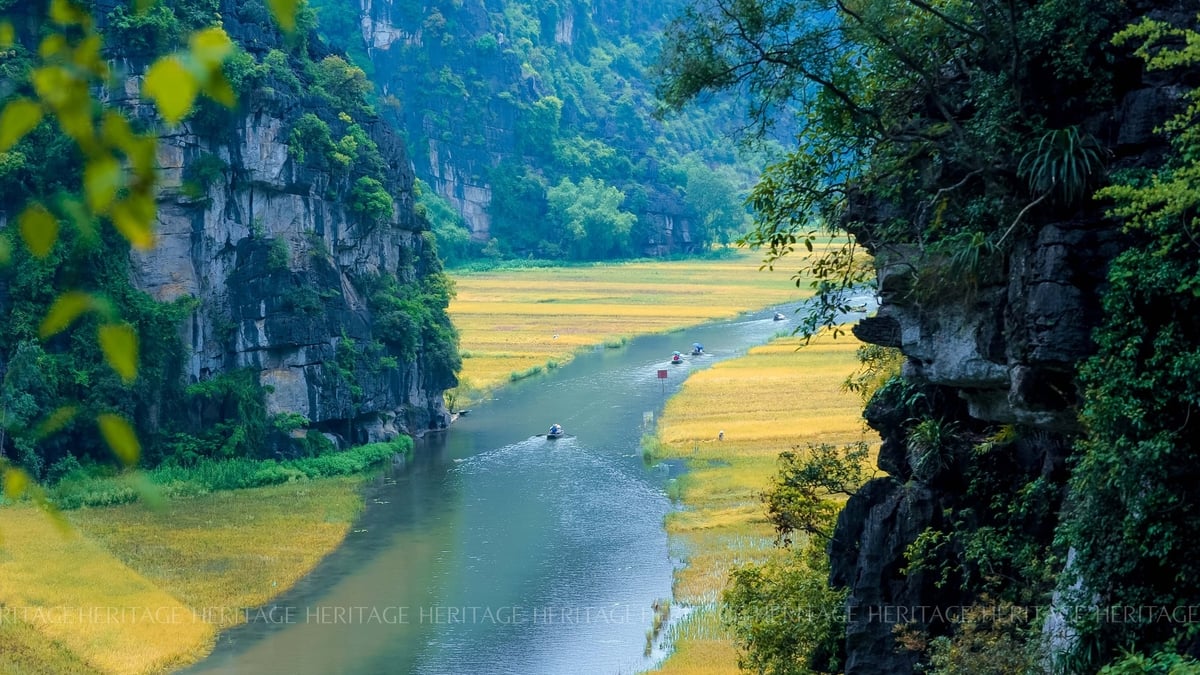
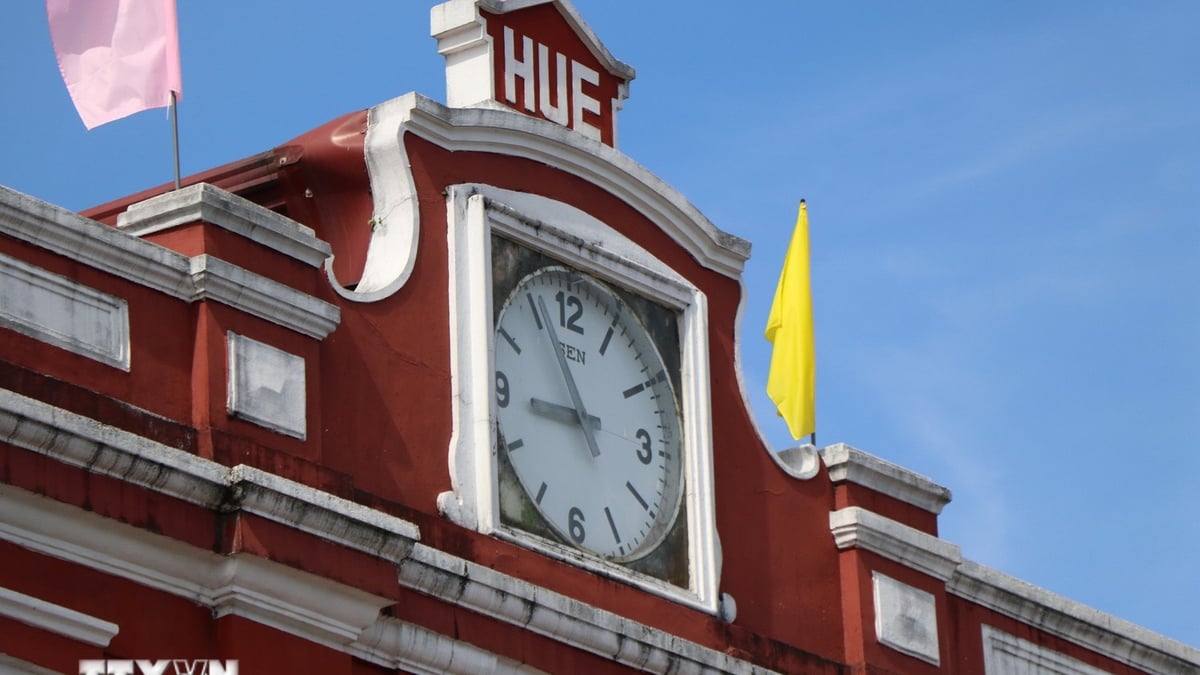
![[Photo] The coffin of former President Tran Duc Luong arrives in Quang Ngai](https://vphoto.vietnam.vn/thumb/1200x675/vietnam/resource/IMAGE/2025/5/25/1f1aca0d92ab47deae07934e749b35e6)
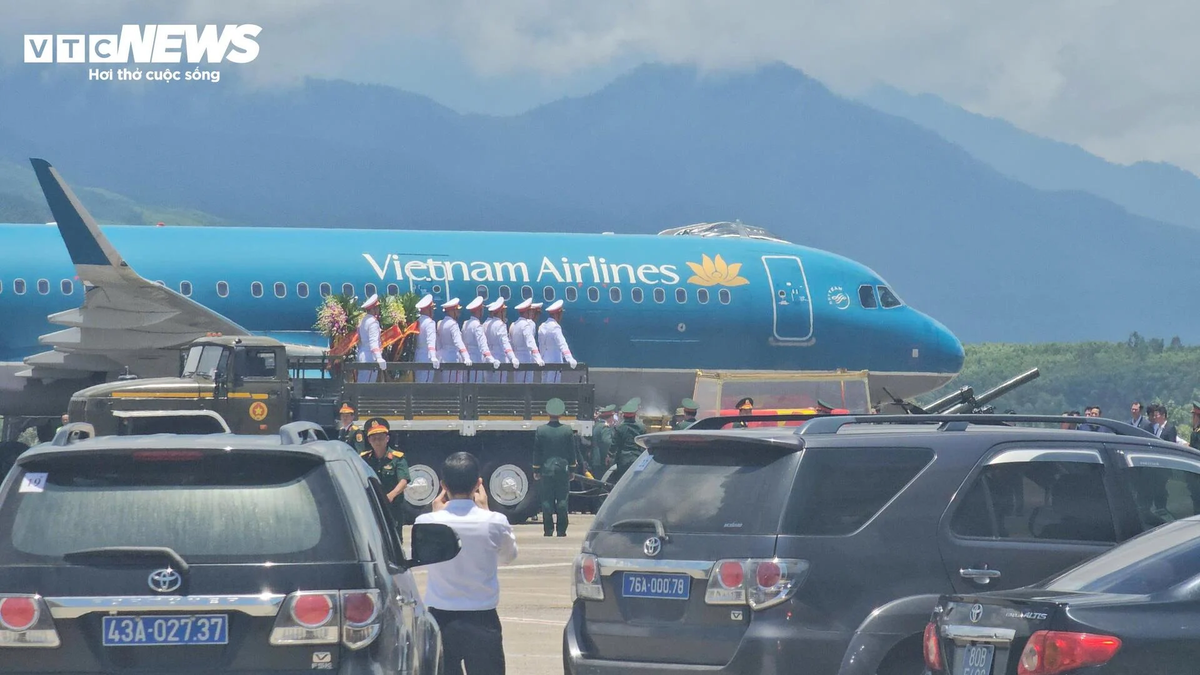
![[Photo] Festival of accompanying young workers in 2025](https://vphoto.vietnam.vn/thumb/1200x675/vietnam/resource/IMAGE/2025/5/25/7bae0f5204ca48ae833ab14d7290dbc3)



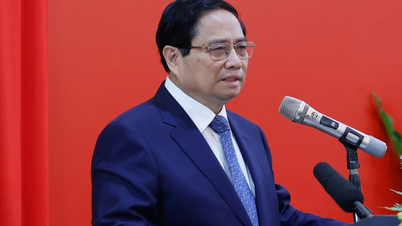

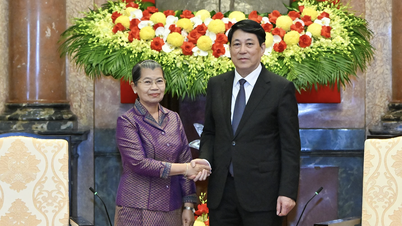


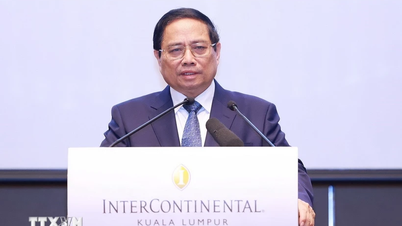




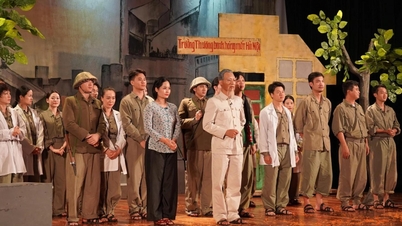
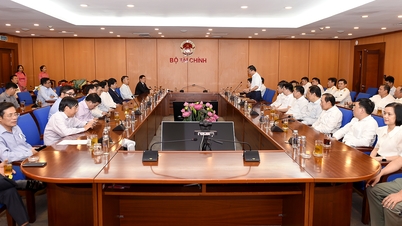







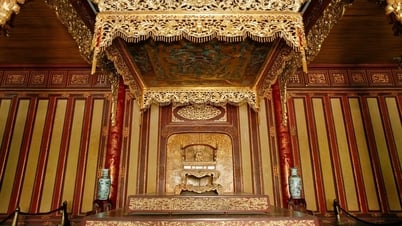



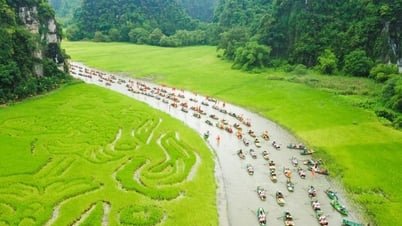

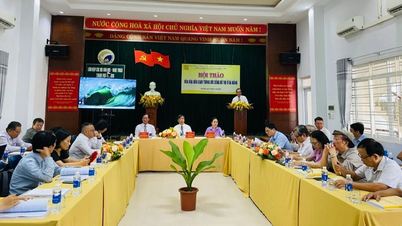
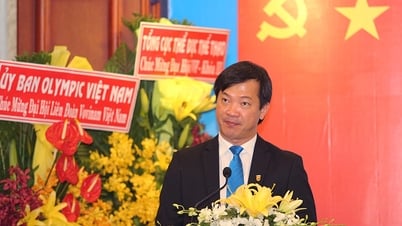









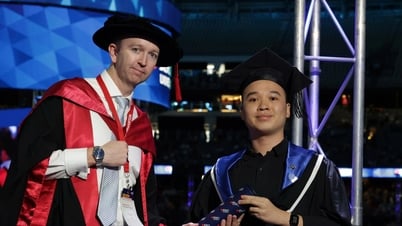















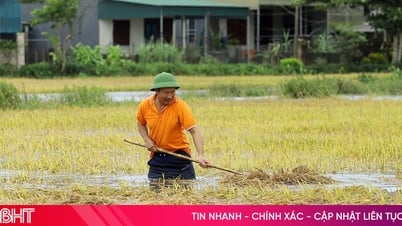

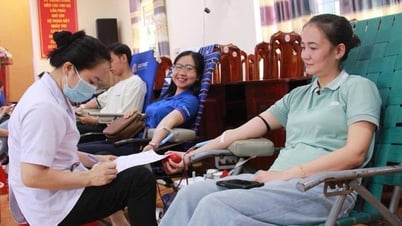

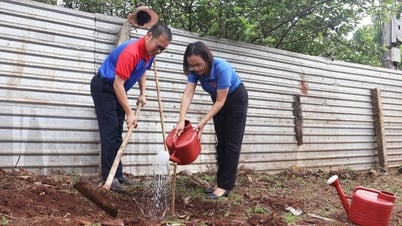


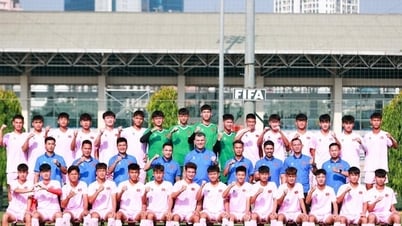

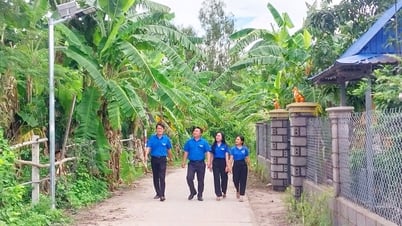





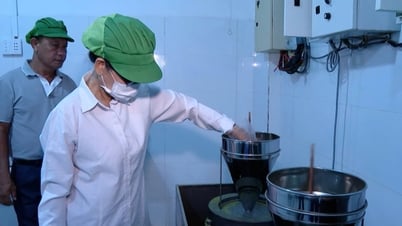




Comment (0)